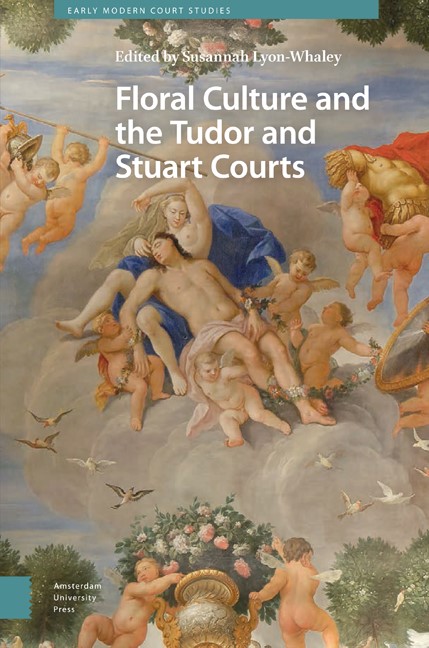7 - ‘Fairy Bowers’ and ‘Precious Flowers’ in Shakespeare’s A Midsummer Night’s Dream and Elizabethan Court Culture
Published online by Cambridge University Press: 16 April 2024
Summary
Abstract
This chapter reads the queenly bower of Shakespeare's A Midsummer Night's Dream alongside Elizabeth I's lifelong interest in floral imagery and in pansies in particular. It situates Titania's appetite for flowers, babies, and treasures within two areas of Elizabethan court culture: the emergence of English printed herbals and Anglo-Spanish naval conflicts over access to treasured flowers, spices and cloth dyes, especially cochineal.
Keywords: Elizabeth I; Titania; herbals; cochineal; pansies; theft
Shakespeare scholars disagree on whether or not Titania can be said to figure Elizabeth I (1533–1603). This chapter takes as its central premise that A Midsummer Night's Dream (first published in 1600) offers a playful association between Elizabethan court culture and the courtly power of the play's fairies. It does so by looking at the floral imagery that surrounds Titania and the ways in which it resembles the floral cultures in and around Elizabeth I's court. Titania rules over a miniature court which, despite its small stature, contains a dizzying degree of power over the natural world. We are told that the feud between Titania and Oberon is the cause of disastrous weather, the inversion of the seasons, disease and terrible harvests of the kind well known to Elizabethans in the 1590s. The fairy monarchs prowl the globe in their fury but are required to meet at the Athenian court, which is surrounded by a very English wood. They have fallen out over the little boy that Titania boasts among her retinue and who Oberon wishes to have for himself. Their mutual desire for the child is presented as part of a broader set of sexual jealousies: Titania accuses Oberon of adultery with Hippolyta, and Oberon accuses Titania of the same with Theseus. The fairy monarchs have, however, come to Athens to bless the imminent marriage of its rulers, so peace will not be restored until the fairy court has overcome its sexual jealousies and acquisitive infantilism: a resolution that is made possible through the play's investment in flowers and floral culture.
- Type
- Chapter
- Information
- Floral Culture and the Tudor and Stuart Courts , pp. 205 - 226Publisher: Amsterdam University PressPrint publication year: 2024



